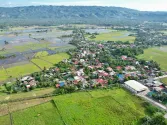Ma welcomes the dawning of a new era for Taiwan’s power sector
Zhang Yimou's acclaimed Chinese film Hero starring Jet Li seems to have more to do with cross-straits relations than meets the eye. Yimou's use of the sensitive wording ‘Our Land' at the climax of Hero was widely criticised by Taiwanese academics and celebrities alike for what they say gives gravitas to the doctrine that Taiwan is still ruled by the People's Republic of China despite Chiang Kai-Shek's Kuomintang officially breaking away from the mainland in 1949 into what Taiwanese now know as the Republic of China.
Taiwan's controversial pro-independence President Chen Chui Beng spent most of his time distancing Taiwan from the mainland, with red-tape and economic barriers his weapons of choice in his never-ending icy relations with the PRC. Chen's mainland policy not surprisingly backfired, with Taiwan losing out to a myriad of potential benefits from China's economic prosperity. The Kuomintang's stunning election victory marked a key milestone in cross-strait relations between Taiwan and the mainland. But can the Kuomintang mend relations with the mainland and lift Taiwan's power sector from the doldrums?
Taiwan's Power Struggle
Taipei 101 is struggling to live up to its job description of lighting up the night sky of Taipei due to the dwindling amounts of electricity being distributed from the power grid. As the monopoly operator of Taiwan's transmission and distribution network, Taipower copes with Taiwan's burgeoning electricity demand to sustain the lifestyles of 23 million Taiwanese. But since the presidency of Chen Shui Ban, Taiwan's power sector has been the poor cousin to China's power sector during a time in which power envy of China's economic growth and potential was at its peak.
Taiwan's government failed to proceed with a number of power plant permits in 2008, due to applicants including Formosa Plastics Group demanding inflated prices, which Taipower subsequently refused to pay. But, if the bidders had been successful, they could have built power plants with an installed capacity of 1,980 megawatts and sold electricity to Taipower. But Taipower isn't the problem says Clint Chou, from Taipower, "The problem isn't in us but in the companies, the prices they ask for are too high."
Taiwan's swelling power demand took a turn for the worse in 2007. In July 2007, Taiwan's electricity consumption climbed to a record high, decreasing the reserve margin, or spare capacity at times of peak demand to 5.13 percent, which was way below the government's target of 16 percent. The Taipei-based Taipower produces roughly 75 percent of the island's electricity and is the monopoly grid operator. Taiwan's gross domestic product has been expanding for18 consecutive quarters, resulting in increased demand for power.
Electricity sales at Taipower increased on average by 4.8 percent year-by-year during the five years to 2006, thus outpacing Taiwan's 4.4 percent gain in installed capacity. Taiwan's power supply is made up of 55% coal, 18% nuclear, 17% natural gas, 5% oil and 5% renewable energy sources. Taiwan is sensitive to the fluctuation of energy prices, due to its reliance on the importation of oil and gas. As a result, Taiwan's Executive Yuan is pushing 10% of Taiwan's energy to come from renewables by 2010, doubling the current quota of 5%.
Taiwan's power sector seems to be starting to take shape with American and German built wind farms being installed down the track. Taiwan has an embarrassment of riches in its wind-energy resources, with both on-shore and off-shore capabilities, though favouring off-shore resources due to its land restrictions. Solar energy is starting to show some promise as a new source of renewables for Taiwan's power sector. Nuclear power is the leading source of investment in Taiwan's future plans for the power sector with Taipower's 4th nuclear power station due to begin its commercial run in 2009.
It's Not Easy Being Green
Taiwan suffers from countless pollution problems due to its high population density and smog-producing factories and vehicles including old motor scooters in Taipei, Tainan and Lin Yuan. Taipei starting to feel the pinch from its extensive pollution problems, introduced the mandatory use of unleaded gasoline coupled with the founding of the Environmental Protection Agency, dramatically improving Taiwan's air quality.
But it isn't all doom and gloom for Taiwan, with land and soil pollution in decline as Taiwan moves out of heavy industry. The disposal of solid waste seems to have become a smaller issue as a nation-wide recycling movement has started to take hold. The issue of water pollution however remains a problematic issue with nearly 90% of Taiwan's sewage being unceremoniously dumped into untreated waterways. Taiwan's endless scourge of environmental problems is proof that it is not easy being green.
Fuelling Taiwan's comeback
In 2008, Taiwan's liquefied natural gas imports are set for a 43 percent increase due to Taiwan's escalating power demands. Jane Liao, General Manager of CPC Corp said that natural gas imports have gone from an "oversupply to a shortfall." CPC Corp is looking to increase gasoline prices by NT$2.4 (8 cents) per litre, while Taipower may raise tariffs by as much as 23 percent.
Both CPC and Taipower were told by the Taiwanese government not to raise prices despite inflation. Ma announced bold plans to scrap fuel-price caps during his presidential campaign and proposed the expansion of nuclear power and the imposition of an energy taxes to reduce consumption. The Kuomintang's economic advisor, Steve Hsieh said, "Under the principle of saving energy and reducing carbon-dioxide, nuclear energy may be an inevitable choice."
Ma, Hsieh said has plans for to rely on nuclear stations for 20 percent of Taiwan's electricity, a plan which could significantly reduce the island's emissions. Ma's plan could prove popular considering former President Chen's plan to phase out nuclear power due to his concerns about radioactive waste. In 2050, Taiwan's CO2 emissions are likely to fall to 50 percent of its 2000 levels. In January, coal produced 46 percent of Taiwan's electricity, in comparison with 23 percent from nuclear reactors. While nuclear power may account for as little as 5 percent of Taiwan's power capacity by 2025, the portion of coal-fired power could rise to as much as 50 percent.
Taipower has plans in place to raise prices as early as June 2008, which will mark Taipower's second increase in 25 years, to cope with Taiwan's surging fuel costs. Taipower, due to surging fuel costs and electricity prices is required to boost tariffs by as much as 48 percent this year to avoid posting a loss of NT$130 billion ($4.3billion).Taipower has plans to seek approval for the tariff increase after President-elect Ma takes office on the 20th May.
The Return of the Kuomintang
The spirit of Chiang Kai-Shek seems to be alive and well in the new-look Kuomintang, but can Ma learn from the teachings of the Kuomintang's legendary sage and bring balance to the force in Taiwan's power sector? Moody's said there are no visible results in Taiwan in the short-term after Ma captured the presidency for the Kuomintang on March 22nd.
Aninda Mitra, a VP/Senior Analyst from Moody's Sovereign Risk Unit, said that in the long-term, "the KMT's promised policy agenda could introduce favourable economic and geopolitical dynamics in the next four years." Ma's friendlier stance towards mainland China is a key breakthrough for cross-strait relations as Taiwan will finally benefit from China's long-term growth potential. Ma is clearly in a difficult position as he has to balance Taiwan's economic prospects in mainland China and to defend Taiwan's right to de-facto sovereignty.
Taiwan, or the Republic of China as it is named by Taiwanese, has been at odds with the People's Republic of China since Mao Zedong sent Chiang Kai-Shek packing for Taiwan in 1949. "One China is not a problem to us. We denied their existence. They also denied our existence. We called them rebels, bandits. They called us the same words. But gradually we moved from there to something to else," said Ma. The PRC however vigorously maintains its stance of sovereignty over Taiwan and it doesn't look like it will be letting go anytime soon, "There's only one China in the world and Taiwan is an inalienable part of Chinese territory," said Chinese Foreign Ministry spokesman Qin Gang.
Since 1949 Taiwan has restricted direct shipping, air and postal links with the mainland. Taiwan's icy relations with mainland China has since prevented Taiwan from benefiting from its proximity to the world's fastest growing economy. Ma's exciting blueprint for Taiwan's future however is likely to improve cross-strait relations between Taiwan and mainland China, by boosting Taiwan's economic prospects, increasing tourism and relaxing red-tape for Taiwanese companies to invest. Ma's victory is symbolic of his policy to strengthen relations with mainland China and to profit from the wealth of its prosperous neighbour.

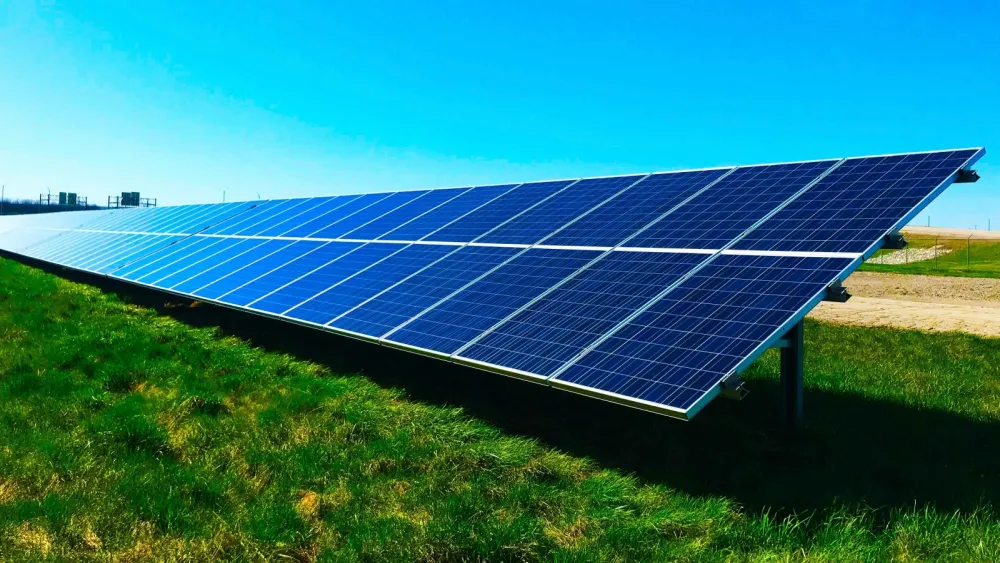
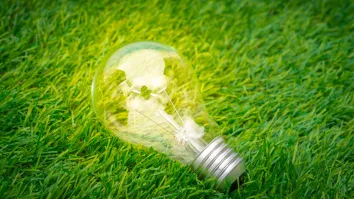
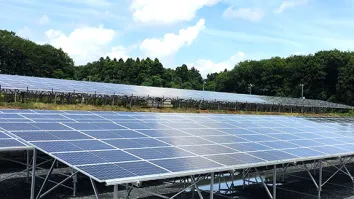
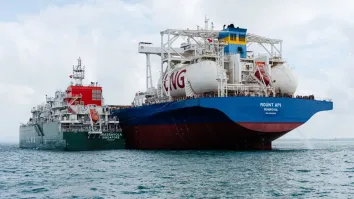
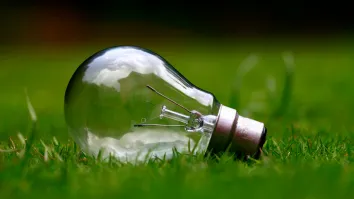













 Advertise
Advertise
